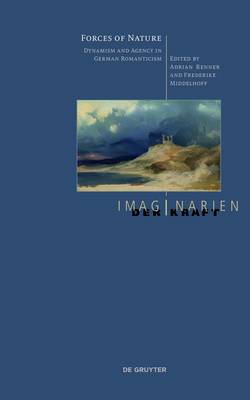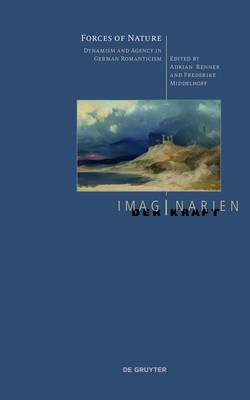
- Retrait gratuit dans votre magasin Club
- 7.000.000 titres dans notre catalogue
- Payer en toute sécurité
- Toujours un magasin près de chez vous
- Retrait gratuit dans votre magasin Club
- 7.000.0000 titres dans notre catalogue
- Payer en toute sécurité
- Toujours un magasin près de chez vous
Forces of Nature
Dynamism and Agency in German Romanticism
Description
By the end of the 18th century, notions of "forces of nature" (Naturkräfte) were increasingly discussed across disciplinary bounds: attraction and repulsion, vital forces and electric fluids, formative drives and biological organisms were examined as forces linked to 'natural' processes. German Romantic literature, science, and philosophy - from Schelling and Novalis to Günderrode and Hölderlin - pondered interrelated notions of forces considered as dynamic and continually active in nature - forces which, in turn, also appeared to shape human actions, social structures, and cultural developments. This volume explores the points of reference for, approaches to, and afterlives of Romantic conceptions and representations of natural forces at the intersection of natural sciences and cultural imaginaries.
Spécifications
Parties prenantes
- Editeur:
Contenu
- Nombre de pages :
- 256
- Langue:
- Anglais
- Collection :
- Tome:
- n° 4
Caractéristiques
- EAN:
- 9783110783773
- Date de parution :
- 31-10-22
- Format:
- Livre broché
- Format numérique:
- Trade paperback (VS)
- Dimensions :
- 150 mm x 239 mm
- Poids :
- 544 g

Les avis
Nous publions uniquement les avis qui respectent les conditions requises. Consultez nos conditions pour les avis.





